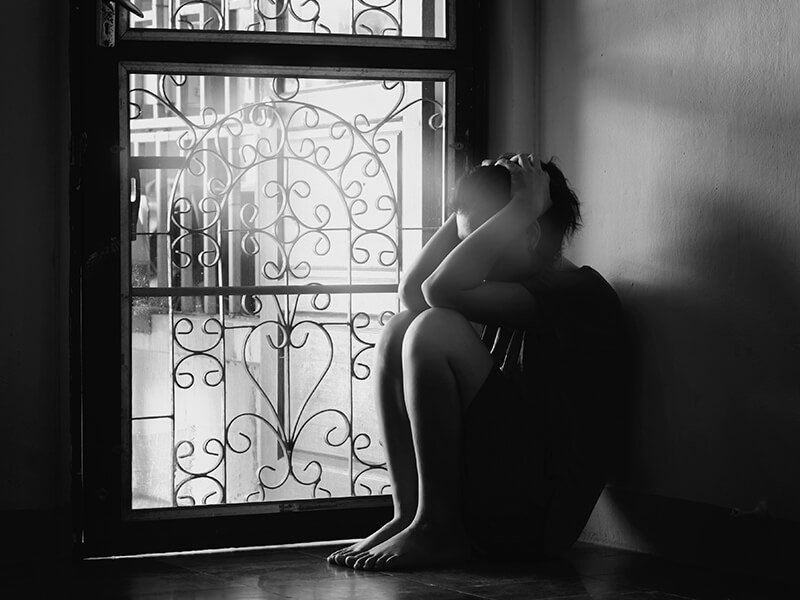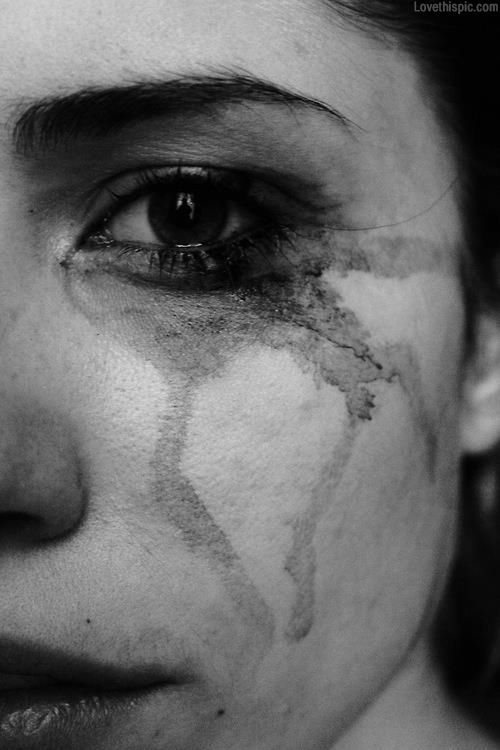Life Coaching & Psychotherapy for children, adolescents & adults

Psychotherapy for children and adolescents
Psychotherapy is not a quick fix or an easy answer. Its a complex and rich process that over time, can reduce symptoms, provide insight, and improve a child or adolescnts functioning and quality time. By providing a safe place, counseling children and adolescents usually involves teaching new coping strategies, techniques to help them overcome adverse times easier, and different approaches to understanding their unique psychology. We are always focused on helping young people to navigate their way through important developmental periods.
Anxiety
According to NIM (National Institute of Mental Health), anxiety disorders are the most common mental illnesses in the United States. Whats difficult but doable for most people, is nearly impossible for people who struggle with anxiety. People who experience anxiety would like to be more carefree, but they are unable because of a neurological misfiring in their brain that causes them to feel threatened when they are safe. A person with an anxiety disorder believe that what they are worrying about is a legitimate threat. Their brain interprets a situation as threatening and sends a signal to the body to deal with it. Anxiety doesn't just affects the mind, it also affects the body. Sometimes the person might have a strong urge to avoid the situation causing the problem, due to how their body reacts. They can experience sweating, trembling, rapid heartbeat, etc. People with anxiety disorders are not dramatic, they are actually coping with a lot more than an average person. Sometimes they might appear as anti-social, procrastinating or lazy but usually is more deeper than that. Studies show that underneath is fear.


Depression
affects man and women of all ages, races and socioeconomic groups. At any given point up to 7% of Americans meet the criteria for Major Depressive Disorder.
As a mood disorder can include variety of emotional and physiological symptoms. Symptoms can include: sadness, tearfulness, low-self esteem, obsessive self-critical thoughts, inability to experience pleasure, loss of ambition, loss of interest, indecisiveness, inability to concentrate, irritability, anxiety, anger, pessimism, guilt, helplessness, hopelessness, and suicidal fantasies, Beside the emotional symptoms, there are physiological symptoms who can include fatigue, insomnia, increased need for sleep, increase or decrease in appetite, anorexia, digestive problems, constipation, social withdrawal, sexual dysfunction and hypochondriasis. For children and adolescents, the clinical manifestation of depression varies across developmental stages and diverse ethnic groups. Depressed mood alone does not constitute a depressive disorder.
If you or someone you love struggles with any of the symptoms listed above, we can help you gaining the healing, understanding the past and learning the necessary skills to cope. Contact us to learn more.
